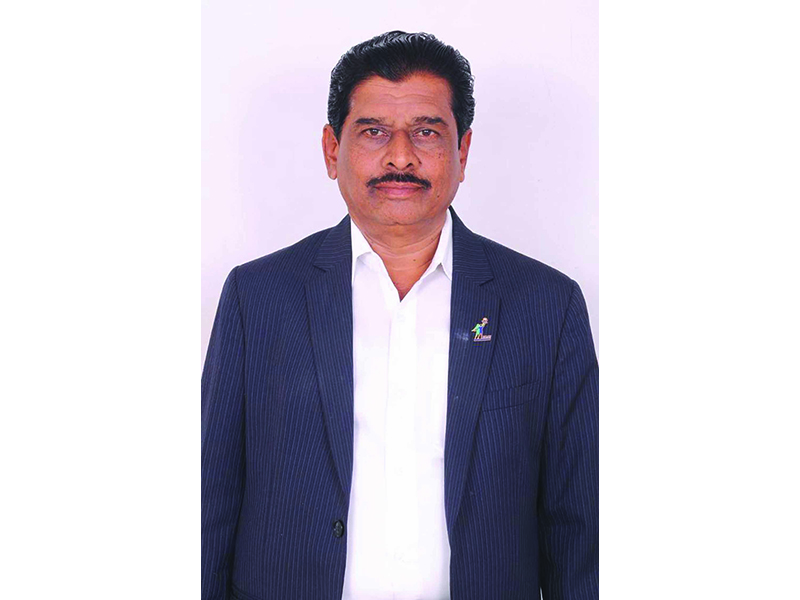Shivani Chaturvedi (Chennai)
Over the past 25 years since it was modestly promoted with the ambition to make education the #1 item on the sputtering national development agenda, EducationWorld (estb.1999) has relentlessly championed foundational early childhood care and education (ECCE) which had been almost totally ignored — especially in public education — for over seven decades.
In 2010, EW convened the first International ECCE Conference in Mumbai. Simultaneously, the first EducationWorld India Preschool Rankings were launched to showcase the country’s best preschools in six cities. Since then, the annual EW India Preschool Rankings have been published without interruption featuring most admired preschools in 17 cities as also the country’s best (government-run) Anganwadi Centres (AWCs).
Evidently EW’s sustained championing of ECCE has paid off. The National Education Policy (NEP) 2020 accords high importance to ECCE. To the extent that the previous 10+2 school education system has been recast as 5+3+3+4 mandating three years of compulsory pre-primary education for all children.
However, according to reports from the southern state of Tamil Nadu, ECCE has now become too popular. The Federation of Private School Associations (FPSA) in the state has raised alarm over mushrooming pre-primaries, a large number of whom lack basic facilities, employ untrained staff, and disregard safety measures for youngest children.
“Under the Tamil Nadu Private Schools (Regulation) Act, 2019, and the code of regulation for nursery and primary schools, all schools are required to obtain recognition from the school education department. However, hundreds of play schools are operating without any recognition,” says M. Arumugam, state president of FPSA. “Most of these schools are functioning out of homes and in overcrowded residential areas, which may be unfit and unsafe for children,” he adds.
Other educationists are also sounding warning alarms. “We are witnessing an increasing number of unauthorised schools without proper infrastructure or qualified teachers being promoted, posing a significant threat to the safety and development of young children,” confirms K.R. Nandhakumar, general secretary of the Tamil Nadu Nursery, Primary, Matriculation, Higher Secondary, and CBSE Schools Association. According to Nandhakumar, a large number of the 9,000 pre-primaries approved by the state government’s Directorate of Private Schools, also operate in residential areas. Parents are obliged to pay “hefty fees” for half-day learning, and many teachers are either higher secondary (class XII) or only Montessori certified. Despite the state government having prescribed stringent guidelines for private pre-primaries, enforcement remains weak, says Nandhakumar.
“In Chennai, there are at least 1,000 self-styled play schools operating without supervision and affiliation, in violation of law. The government should monitor these institutions more closely. In many cases, classrooms are overcrowded, and the schools lack adequately trained staff qualified to provide the necessary care and educational support to youngest children. With minimal regulatory oversight, too many preschools ignore critical safety measures such as fire safety protocols, first-aid facilities, and CCTV surveillance, putting the lives of children at risk,” says Dr. S. Somasundaram, a Chennai-based educationist.
In 2004, a horrifying fire at the Sri Krishna Saraswathi English Medium School at Kumbakonam, snuffed out the lives of 93 children who were charred to death. On the issue of children’s education, profit considerations seem to prevail over safety.
